

Mordheim: City of the Damned launched into Steam Early Access on November 20 last year, and so it's coming up on its first anniversary. We reached out to developer Rogue Factor's Yves Bordeleau, general manager and creative director, to learn what the journey has been like and what's left to do ahead of the game's full release.
"Developing Mordheim: City of the Damned has been and still is an incredible journey! From the original pitch which started it all, to the "live" Early Access development giving us the opportunity to set up a strong relationship with the players, this project has been everything but boring," says Bordeleau when asked about the journey thus far.
"We were expecting it to be unique and it didn't disappoint. Even though the Early Access adds up to around 25% more work on our side to implement players' ideas, it's really worth it because the feedback is immediate and players have been incredibly supportive."
Are there any specific areas where the Early Access approach has helped game design or influenced the direction that development has taken?
"When you work in the game development industry, you quickly learn that a project could, and most probably will, end up being different from its original concept on paper. The Early Access approach takes this to a whole new level. From little details like the implementation of a compass, to the implementation of a combat log system, we've added as many features the players requested as possible. All in all, our relationship with our incredible community has given us an awesome edge in our development endeavour."
You recently added in permadeath and injuries into the EA build? How has that been received and how do you feel this impacts the game?
"The players' feedback on the campaign update has been, in its vast majority, extremely positive. Of course the hardcore aspects of the game can be brutal and a bit frustrating, but we are talking about Mordheim here, one of the deadliest place in the Warhammer world! The progression mechanics and the merciless injury system bring the players to think twice before sending a scout alone exploring the shadowy streets. And that is exactly what we've wanted to accomplish."
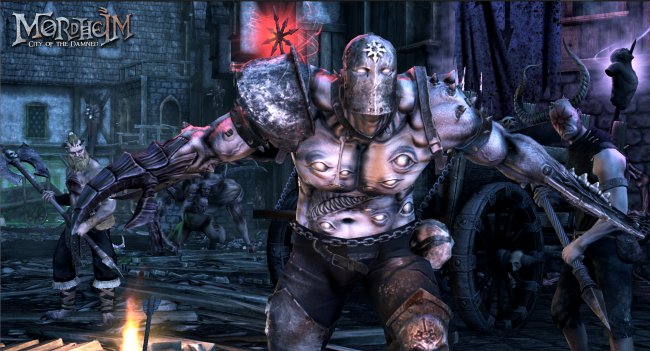
Where are you focusing your efforts currently - what do you feel you need to accomplish ahead of dropping the Early Access tag?
"We are now in the polishing phase. The game is due to come out mid-November so we are actually working on optimising every area of the game alongside with balancing and tweaking everything. Even if we have plans to support the game after its release, we want Mordheim: City of the Damned to be as polished at possible before hitting final release."
Any plans to port the game over to consoles at some point? If so, what would the challenges be?
"We are currently discussing bringing Mordheim: City of the Damned to consoles. The game has been designed to work with joypad controllers since the beginning of the development. For every game the main difficulties with console development are always the same: optimisation to make the game runs smoothly on each specific hardware. For Mordheim: City of the Damned, one of the biggest challenges might be to keep the text readable on a big screen from the couch."
How do you envision the future for Rogue Factor?
"With the incredible experience of developing Mordheim: City of the Damned, the team gained a lot of "levels" in many fields! We are definitely ready to tackle new and bigger challenges. We are currently looking at scaling up the development team and to increase the innovative aspects of our next projects."
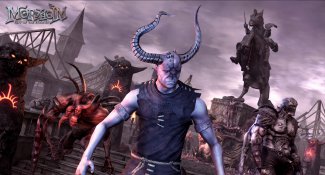
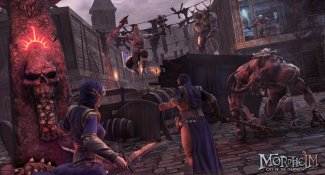
What has been the most surprising thing about working with a Games Workshop IP?
"We were huge fans of the Warhammer world and other games from Games Workshop, so for us it was a dream come true to be able to work on such an incredible license. You sometime hear horrible stories about how difficult it can be to work on someone else's IP. But for us, everything went incredibly smooth and well for this project. Games Workshop have been very supportive and professional since the very beginning, leaving us enough leeway to adapt the tabletop to the video game medium while keeping in mind the lore boundaries. All in all, it was an incredible experience."
How have you balanced expectation around the original IP and the need to make a video game?
"Mordheim is a very well designed tabletop game, so the building blocks were already very solid, but it was not perfect 1 to 1 video game material from the start. For instance, we decided to change some rules in order to have a better flow in combat, thus making it more of an adaptation of the original. We knew we would face some criticism from "purist" fans of the IP, but we wanted to make a video game, thus why we decided to diverge from a 100% porting of the table top game. I think we achieved the right balance between adding new things and keeping it close to its roots."
As you approach the finishing line, what do you think is the strongest element of the game? What do you think will resonate most strongly with players?
"If we had to pick one it would definitively be the amazing community the game brought together. Our game is deep and could easily be overwhelming for a newcomer. Our community is very prompt to help anyone who encounters any difficulty with it. So not only do they help us tailor the game they would like to play, but they are also very nice and welcoming for new players. We are very glad to have such a great community. Now for the game itself, we tried to adhere to as much as possible to the essence of the tabletop game. We definitely think that the hardcore setting of the game is its strongest element. We've crafted a difficult and demanding game for which players will have to spend some time and really focus on in order to progress. In that sense, we feel that it's an old school game on top of which we've added some more "contemporary" layers of progression."
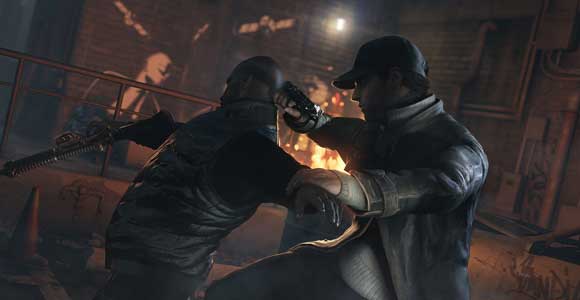

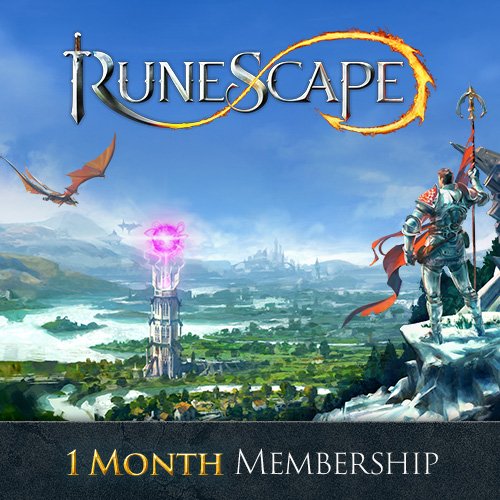
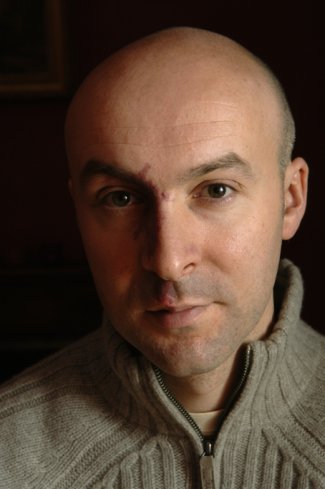
 12 signs that you’re obsessed with Left 4 Dead
12 signs that you’re obsessed with Left 4 Dead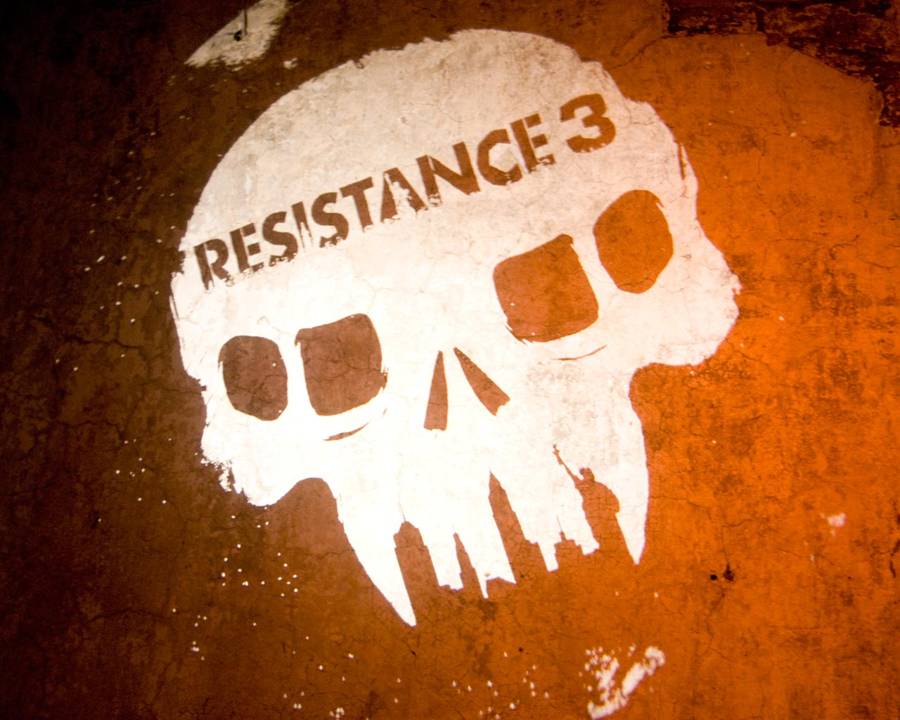 Resistance 3 Beating The Widowmaker
Resistance 3 Beating The Widowmaker Fire Emblem: Awakening Guide – Chapter 10: Renewal Guide - GamersHeroes
Fire Emblem: Awakening Guide – Chapter 10: Renewal Guide - GamersHeroes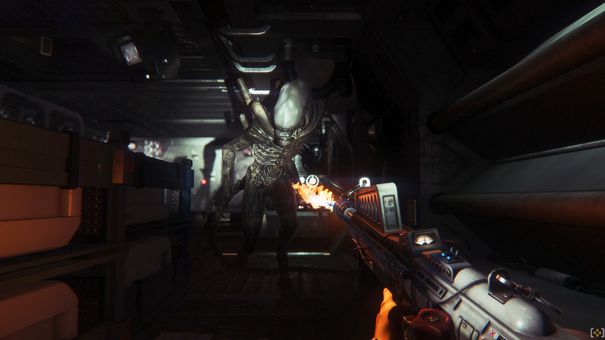 . GOTY 2014 – Steve Burns
. GOTY 2014 – Steve Burns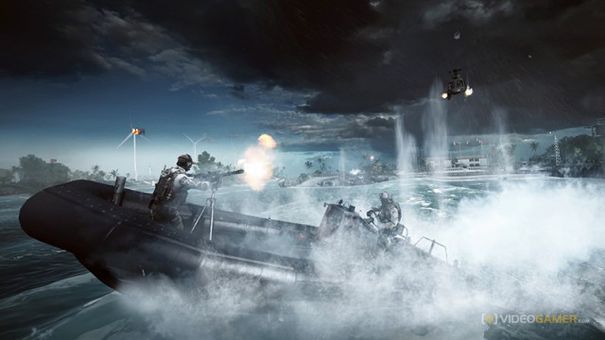 Battlefield 4: Which is better
Battlefield 4: Which is better